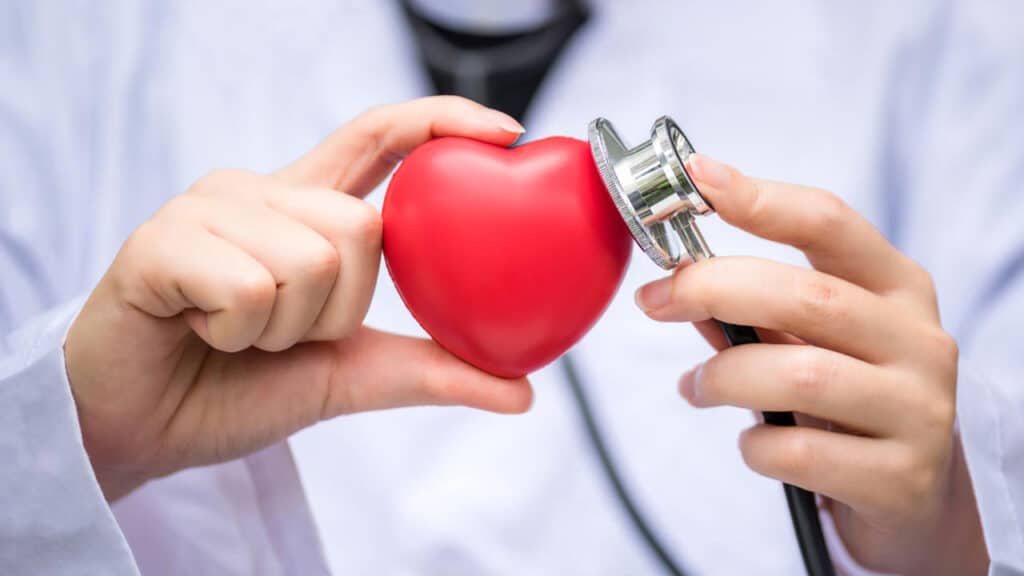It seems to be a generally accepted fact that the older we become, the worse our health gets. That’s true for the heart as much as it is anything. People over 65 in particular are at much higher risk of strokes, heart attacks and heart disease. But why exactly is that? And if you can’t help getting older, is there any other way to protect yourself?
As with so many aspects of human health, it’s complex and multilayered, which means there’s no easy solution. To start with, while your resting heart rate stays fairly steady as you age, your active heart rate (such as when you’re exercising) will not rise in the same way. Increasing your heart rate is part of what makes aerobic exercise successful.
Then there are the blood vessels that carry blood to and from your heart. They also change as you age. One example is the increased risk of arteriosclerosis, which is when the arteries become hard and stiff, making it harder for the blood to flow freely. This contributes to the development of hypertension, or high blood pressure, which may also be increased with an age-related sensitivity to salt.
When cholesterol, other fats, white blood cells, fibrous tissue and other debris build up on the sides of the artery walls, they create plaques (also known as atheroma). Plaques blocking the arteries means less blood passing through, which means less oxygen and nutrients being carried where they’re needed. Over time, the heart may become weaker. The older you get, the more likely the plaques are to build up and the higher your other risk factors will be.
Diabetes, thyroid disease and chronic alcohol use can also contribute to a weakening heart, and they become more serious as the years pass. Hypertension may make the walls of the heart thicker, which means blood won’t be able to enter its chambers at the same rate. This can cause atrial fibrillation, a problem with the heart’s rhythm. Other heart rate problems, called arrhythmias, may stem from electrical changes that occur with age.
You can moderate the effects of aging with lifestyle changes. Reducing salt in your diet reduces the risk of hypertension, while consuming fewer fatty foods may lower cholesterol and mean less plaques blocking the arteries. Exercise is always good. You should always be thinking about how your choices may affect your heart.




